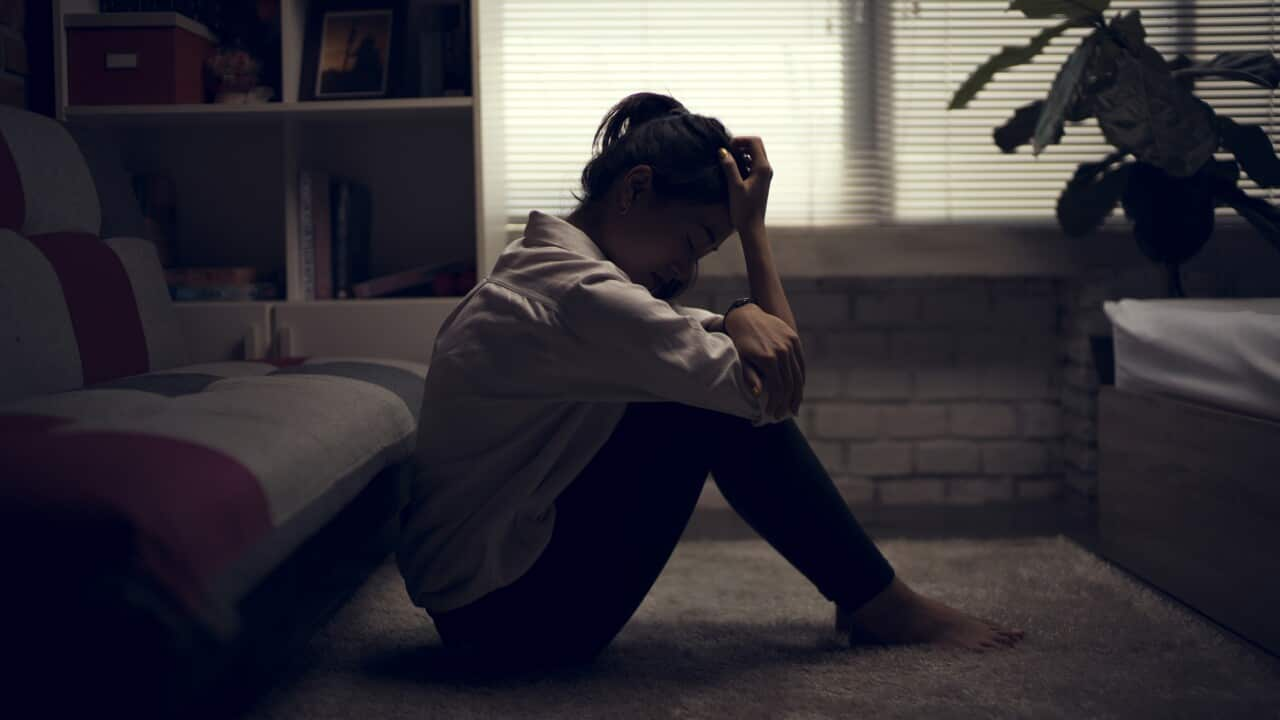This article contains references to domestic and family violence and suicide.
Coercive control is now a criminal offence in Queensland, with convicted offenders facing up to 14 years in jail.
The new laws have come into effect after years of campaigning from advocates, including Sue and Lloyd Clarke, whose daughter Hannah experienced domestic violence and coercive control.
Here's what you need to know about the new laws and why it is a "bittersweet" day for advocates.
What are the coercive control laws?
Under Queensland's laws, it is illegal for an adult to use abusive behaviours towards their current or former intimate partner, family member, or informal carer with the intent to control or coerce them.
The laws apply to abusive behaviours that occur on or after 26 May 2025 and convicted perpetrators can face a maximum penalty of 14 years in prison.
Nadia Bromley, CEO of Women's Legal Service Queensland, said the criminalisation of coercive control has been a long time coming.
"For a long time, we've known that coercive control underpins a lot of domestic family violence," she said.
"This change today is about recognising that coercive control is a very serious form of domestic violence ... the kinds of conduct we're talking about [are] any pattern of behaviour that's really designed to dominate or control another person in the context of a domestic relationship."
How is coercive control defined?
Coercive control involves a pattern of abusive behaviour, with the intention to hurt, humiliate, isolate, frighten or threaten another person in order to control or dominate them.
It can be physical or non-physical and includes emotional, psychological and financial abuse, along with isolation, intimidation, sexual coercion and cyberstalking.
Bromley said she hoped the new laws would improve education and awareness in the community.
"I think people still find it hard to articulate what's happening to them to understand that it's something that can be addressed and that there is help available," she said.
"I think the secondary part is accountability ... recognising not only these harmful and unwelcome behaviours, but we know that they're really closely linked with fatality," Bromley said.
"Having that significant deterrent there, that 14-year offence, I suppose, really reflects the seriousness that this is viewed by the justice system and the consequences that might flow."
How did we get to this point?
The criminalisation of coercive control has come after years of lobbying and advocacy by advocates and the Women's Safety and Justice Taskforce.
The taskforce was established in 2021 in the aftermath of high-profile domestic violence cases, including Hannah Clarke and Allison Baden-Clay.

Clarke, along with her three children, was killed by her former partner in 2020. He then took his own life. Since then, Clarke's parents, Sue and Lloyd Clarke, have dedicated themselves to educating Australians on the dangers of coercive control and domestic violence.
The taskforce examined coercive control and reviewed the need for a domestic violence offence and the experiences of women across the criminal justice system and made a series of recommendations.
In 2023, legislation was introduced to parliament following recommendations from the taskforce. In 2024, the landmark reforms were passed.
'Bittersweet' day for Clarke family
The Clarkes, who established the foundation Small Steps 4 Hannah, said the new laws felt "bittersweet".
"There were so many sacrifices made along the way, not just ours. And I think it's important we acknowledge them — because they are the reason we can now hold potential perpetrators to account," Lloyd Clarke said.
"We weren't alone in this fight. Governments have acted, police have listened, and more resources are on the way. Now, it's up to all of us — everyday Australians."
The Clarkes are committed to making sure Australians understand coercive control without experiencing the devastating consequences.
Sue Clarke said her daughter had not known she was in an abusive relationship, because she was not being physically harmed.
"If knowing about coercive control could save someone's life, we'd be willing to share our story a thousand times over," she said.
"Every red flag we shared, every story we told, has laid the groundwork for the argument that coercive control is a form of family and domestic violence."
Former Queensland attorney-general Shannon Fentiman celebrated the laws in a social media post.
"For too long, women experiencing coercive control were told it wasn't serious, or it wasn't illegal. That changes today.
"We can't prevent what we can't recognise. That's why criminalising coercive control is such an important step in tackling domestic and family violence."
If you or someone you know is impacted by family and domestic violence, call 1800RESPECT on 1800 737 732, text 0458 737 732, or visit 1800RESPECT.org.au. In an emergency, call 000.
The Men’s Referral Service, operated by No to Violence, can be contacted on 1300 766 491.
Readers seeking crisis support can ring Lifeline on 13 11 14 or text 0477 13 11 14, the Suicide Call Back Service on 1300 659 467 and Kids Helpline on 1800 55 1800 (for young people aged up to 25). More information and support with mental health is available at beyondblue.org.au and on 1300 22 4636.
Embrace Multicultural Mental Health supports people from culturally and linguistically diverse backgrounds.
For the latest from SBS News, download our app and subscribe to our newsletter.

